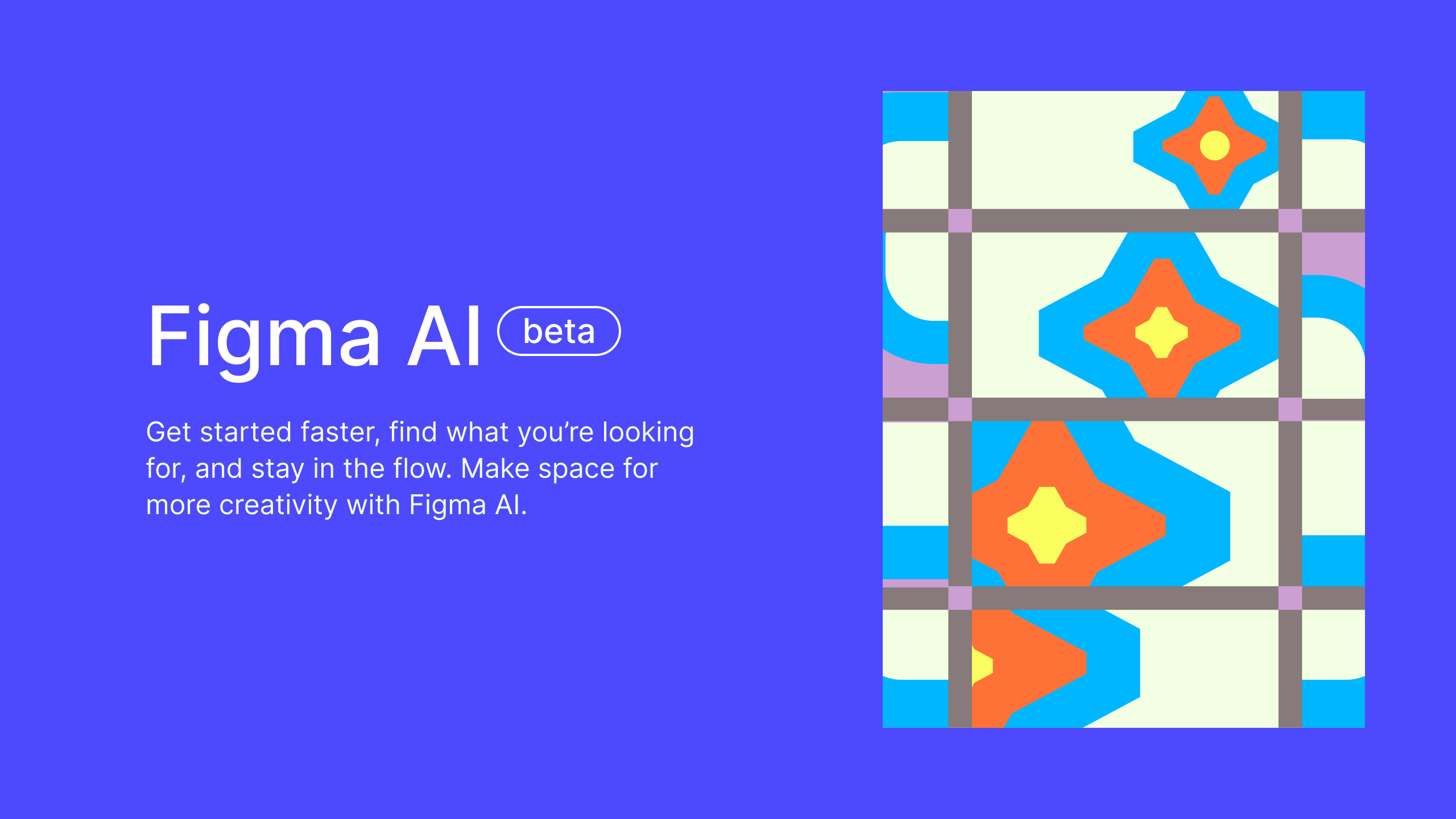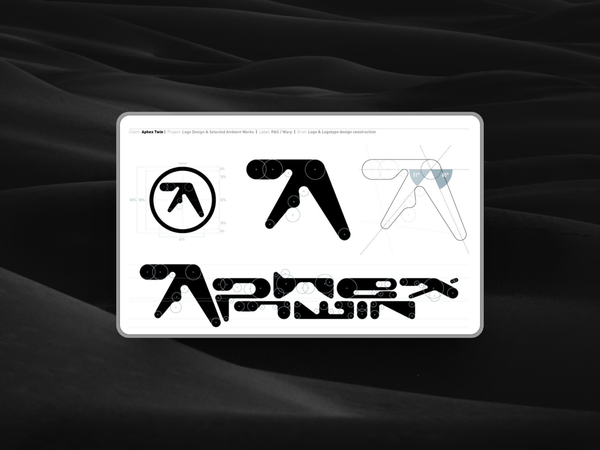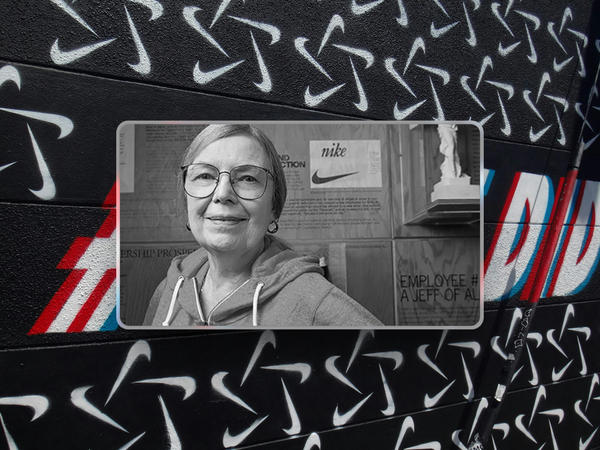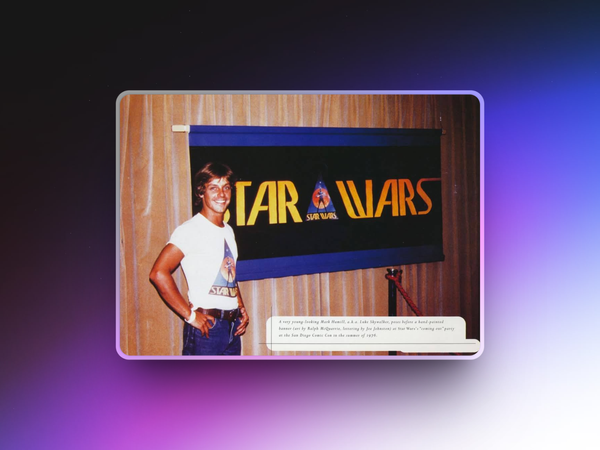Figma Pulls AI Design Tool Over Apple Weather App Clone Concerns
Figma pulls AI tool after it's caught mimicking Apple’s Weather app, sparking debate over AI in design

In a surprising turn of events, Figma CEO Dylan Field announced the temporary disabling of the company's “Make Design” AI feature following accusations of replicating Apple’s Weather app designs.
The controversy began when Andy Allen, founder of NotBoring Software, noticed that Figma's tool repeatedly produced layouts resembling Apple’s Weather app.
Allen, who tested the feature, voiced his concerns on X (formerly Twitter), accusing Figma of heavily training its AI on existing apps—a claim that Field strongly denies.
Figma AI looks rather heavily trained on existing apps.
— Andy Allen (@asallen) July 1, 2024
This is a "weather app" using the new Make Designs feature and the results are basically Apple's Weather app (left). Tried three times, same results. https://t.co/Ij20OpPCer pic.twitter.com/psFTV6daVD
Figma's Make Design tool, introduced at their recent Config conference, is designed to generate UI layouts and components from simple text prompts.
Marketed as a way for developers to quickly sketch out ideas, it promised to accelerate the design process. However, Allen's findings suggested that the tool was doing more copying than creating, leading to widespread concern within the design community.
Figma's Response
Field responded swiftly to the accusations on X, stating that Make Design uses off-the-shelf large language models, combined with custom systems. He admitted that the issue stemmed from an insufficient quality assurance process and took full responsibility for the oversight.
(3) Within hours of seeing this tweet, we identified the issue, which was related to the underlying design systems that were created. Ultimately it is my fault for not insisting on a better QA process for this work and pushing our team hard to hit a deadline for Config.
— Dylan Field (@zoink) July 2, 2024
"Ultimately, it is my fault for not insisting on a better QA process for this work and pushing our team hard to hit a deadline for Config," Field acknowledged.
He reassured users that Figma would disable the Make Design feature until a thorough QA review could be completed, ensuring the tool's reliability and originality.
The Wider Discussion
The incident sparked a broader debate among designers about the impact of AI on their profession. Some fear that AI tools like Make Design could render their jobs obsolete, while others see potential in AI to eliminate tedious tasks and foster creativity.
The controversy highlights a common concern in tech industries: the balance between innovation and the unintended consequences of rapid development.
Some designers on Reddit voiced privacy concerns, especially because they work on designs that require the signing of NDAs. Regardless of how convenient AI can be, there are clear concerns about how these models are trained.

Field's quick response and commitment to addressing the issue aim to restore confidence in Figma's AI capabilities. However, the situation has left many pondering the future of AI in design and the ethical implications of its use.
This incident also sheds light on the evolving expectations and anxieties within the design community. Many designers feel overwhelmed by the constant updates and changes in the tools they rely on for their work.
The push for newer, more advanced features often comes at the cost of stability and familiarity, leading to a longing for the days when software updates were less frequent and more predictable.
Figma’s situation is a stark reminder of the challenges tech companies face in balancing innovation with quality assurance, user trust, and ethical considerations. As AI continues to evolve, these issues will likely remain at the forefront of discussions about the future of design and technology.





